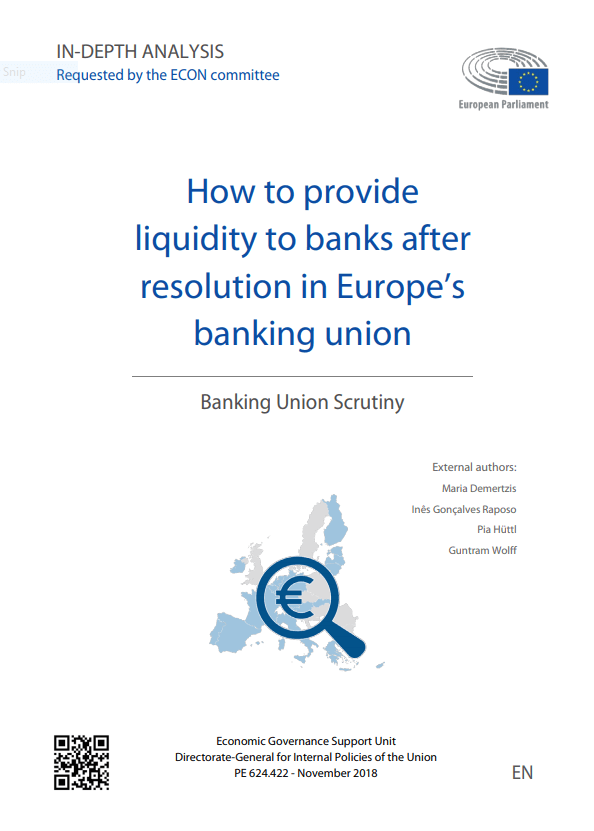Blog Post

Thinking big: debt management considerations for the EU’s pandemic borrowing plan
If not handled correctly, the European Union’s transition to take on a new role as an issuer of public debt risks crowding out existing markets. Managing that transition correctly is almost as big a challenge as spending the money itself.








